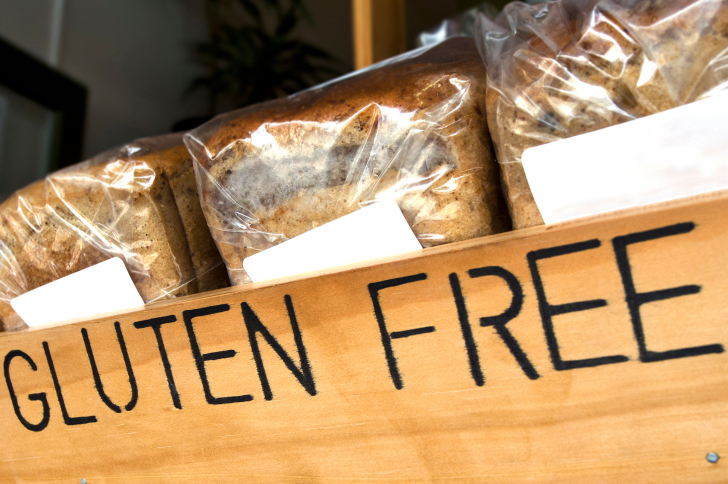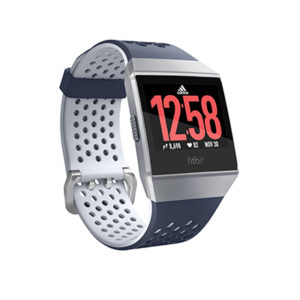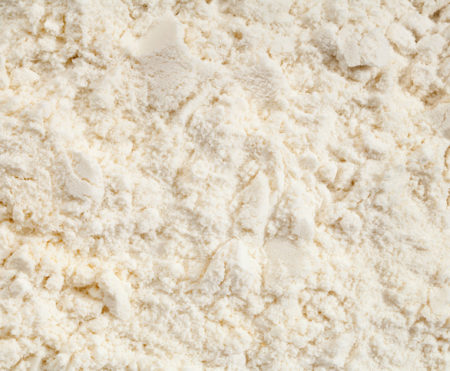
In recent years, there has been a trend toward individuals wanting to follow a gluten-free diet. Gluten has become a subject of controversy, with many blaming it for symptoms such as bloating, fatigue and even joint pain. Many high-profile individuals, including athletes such as all-conquering tennis player Novak Djokovic, report benefits of in performance since removing gluten from their diets.
Gluten is the protein found within wheat and related grains, including barley and rye. It is therefore found in foods such as bread, pasta and cereals, but also in sausages and beer. For most individuals, gluten does not pose a problem. The body has the ability to break it down, as with other proteins, absorb it and utilise it as necessary. Evidence of the benefits of a gluten-free diet for those individuals where it is not medically necessary is very thin on the ground.
But what about those that do have a medical reason to exclude gluten?
Coeliac disease is an autoimmune condition, meaning the body’s immune system attacks and destroys healthy body tissue in error, on the ingestion of gluten.
It affects the small intestine, causing it to become damaged and unable to absorb vital nutrients such as calcium, iron and energy from food; symptoms observed include weight loss, extreme fatigue due to iron deficiency, bloating, and very frequent bowel movements.
Due to an inability to absorb calcium, those who have coeliac disease may also be at an increased risk of osteoporosis, which makes your bones weak putting you at a greater risk of fractures and breaks if you fall.
Coeliac disease is usually confirmed by taking blood tests and gut biopsies. The individual will then be put on a strict gluten-free diet, which they will need to comply with for life.
However, there is also a small group of individuals who will have very similar symptoms as those described above in Coeliac disease, the major difference being that there is no actual damage to the small intestine. Often these people will have normal test results but their symptoms will greatly improve by removing gluten.
Can a gluten-free diet result in performance gains?
Scientifically, there is no proof of this. Indeed, a study in the journal of Medicine and Science in Sports and Exercise, earlier this year concluded that following a gluten-free diet had no beneficial or negative effects on performance in non-coeliac athletes.
That said, being more mindful of your food choices and tailoring your nutrition to your training sessions can help. Including complex carbohydrates, with or without gluten, when you actually need them and keeping foods high in sugar to a minimum are strategies that will definitely result in improvements to your health and performance.
Ultimately, if individuals want to follow a gluten-free diet, it is their choice. They may indeed feel more energised and less bloated, but this could be due to them being more mindful of nutritional choices. We should all eat less white bread, biscuits, cakes, white pasta, etc. and by following a gluten-free diet these foods will automatically be removed. However, do not be fooled into thinking that a gluten-free diet is necessarily healthier. There is a lack of wholegrain gluten-free products and they also tend to be higher in fat and sugar in order to make them more palatable.
Fuelling your sport is not about the inclusion or removal of one particular food or food type. It is about achieving the correct overall balance and tailoring your nutritional intake to your needs. Finding the correct balance of macronutrients (carbohydrates, protein and fats), micronutrients (vitamins and minerals) and staying fully hydrated all play a part. Understanding the role of these individual components and how to apply this information is key to ensuring a healthy, balanced diet, and ensuring the elements work together to become effective training foods.
Renee McGregor is the author of Training Food: eatwellfeelfab.co.uk






